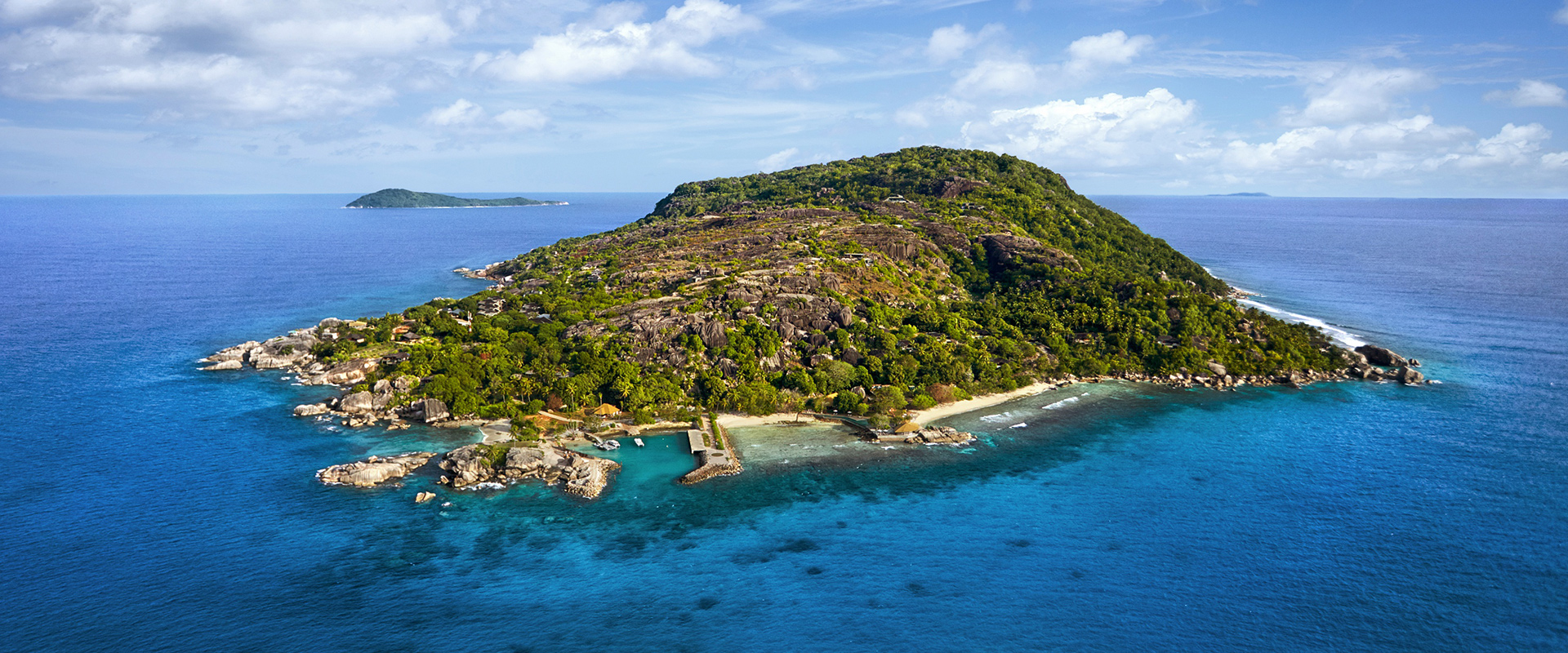
Pure Breaks passionately believe that sustainable tourism is the only way forward when it comes to travel. With an appetite for travelling ourselves and a dedication to looking after our planet – whilst giving back to the local communities and enriching the environment – we have avidly researched the effect and relationship between sustainability and tourism. The Seychelles were the first country in the world to include conservation efforts into their constitution, meaning now that Seychelles is a leader in sustainable tourism. Additionally, the majority of The Seychelles Islands remain uninhabited, and more than 50% of the total land area is under natural conservation – a world record.
Whilst conservation projects are happening all over the Seychelles Islands, it becomes a small part of the responsibility of the tourist, upon visiting, that they effectively help rather than hinder these astonishing developments. Becoming involved in these various activities and being made aware of why ‘we’ as tourists can help enrich raw beauty, tropical marine life, rare wildlife and fundamentally reduce our carbon footprint, enables us to make wiser, educated decisions regarding travel.
How ‘we’ as tourists can evermore help lead the way for environment protection on the desirable islands of Seychelles
The Seychelles
This beautiful array of islands is a hotspot for diving sites, with some of these sites hosting one of the three largest nesting populations for, as well as being inhabited by, two species of turtles known as the Hawksbill Turtle and the Green Turtle. The Green Island Foundation in collaboration with Denis Private Island has managed to responsibly tie both tourist activities with studies in conservation.
Tourists who opt to snorkel and dive, in these crystal clear warm waters, can become involved with studies regarding the in-water turtle populations by providing information of their sightings on the island’s research field form. Guests are invited, and more than welcomed, to join the conservation team with their daily turtle patrol on the pristine white beaches, or to aid with the translocation of turtle eggs in case they are laid too close to the sea.
The Alphonse Island Lodge, through work with the Island Conservation Society (ICS) has set up several initiatives ensuring that the economic benefits that tourism brings are giving back to the island and protecting the environment. By putting aside some of the profits from the conservation levy, the guests contribute towards funding the activities of the island’s conservation society. Along with this, the proceeds from souvenirs purchased from their ICS office provide financial support to the conservation efforts. The ICS also give weekly presentations to the guests which provide progress updates and discussions of environmental topics.
The aim is to make tourists aware of the impact they are having on the environment they’re visiting. Seychelles Islands have implemented numerous measures to encourage responsible activities for tourists to participate in. The activities help guests engage with sustainability and eco-friendly practices, whilst making them fun and adventurous and allowing the guests to feel part of the island community.
Fishing is popular with tourists on the islands of Seychelles with many wanting to engage in an underwater adventure, resorts and hotels are offering opportunities to fish for sea life such as bottom-fishing grouper or the Seychelles’ famous red snapper. If the guests should catch, and most importantly meet the conservation requirements, there is a possibility that they’ll get the option to turn the fish over to the chefs at the chosen location in order for them to prepare something special in the kitchen for your evening meal. By allowing this, it promotes and enforces sustainability for the area. Sourcing natural resources in a conscientious manner but also helping the interest of the guests to thrive and learn.
The same can be said about other islands and resorts that we have identified across the Seychelles. Mahé is the largest island in the Seychelles archipelago, resorts across Mahé are increasingly developing their relationship between environmental protection and tourism.
The Four Seasons Seychelles Resort, through partnerships with local environmental organisations, marine educators and conservation partners such as WiseOceans are showcasing their commitment to sustainability, whilst promoting education and engagement opportunities for their guests. WiseOcean, amongst other schemes, encourages children as young as 4 to learn about the secrets of the sea, above and beneath the waves, hosting private marine education classes.
‘We take beautiful care of our guests and our environment.’ A statement and promise that comes from those at Fregate Island, Seychelles. Home to many rare and exotic species, they are dedicated to restoring the natural habitat, and in doing so have fundamentally saved the Seychelles Magpie Robin from extinction. Furthermore, they also pay assiduous attention to sustainability, around 80% of their food comes from the bountiful island. They invite guests to participate in the ongoing conservation projects that they have in place.
We strongly feel that giving back to the communities we visit, is something that should come second nature to us. At the Six Sense Zil Pasyon Resort, they work closely with their stakeholders to ensure continued growth and sustainable development. Being members of their local community, they’re striving to achieve immediate public benefit whilst ensuring a legacy can be built for generations to come.
Collaborating with local schools to raise awareness of conservation and environmental protection, and promoting activism amongst young students, to inspire a future where they may continue to work actively together with their community. Thus using tourism as a way to benefit not only the protection of the environment but also their people and heritage, through education and easing poverty.
We highly recommend experiencing the Seychelles at least once in your lifetime, let the islands give you all they have to offer, whilst also giving back to them and helping to lead the way for more accessible, sustainable tourism. We will always be a part of the environment, as we are forever changing it, hence we need to ensure that the impact we have is a good and responsible one.
Moving forward, not only is the Seychelles a sustainable and remote holiday location, it is now also a safe destination to travel to and stay, with the second rotation of vaccines well underway, the Seychelles will be on our green list of safe places to travel post Covid-19 restrictions.

